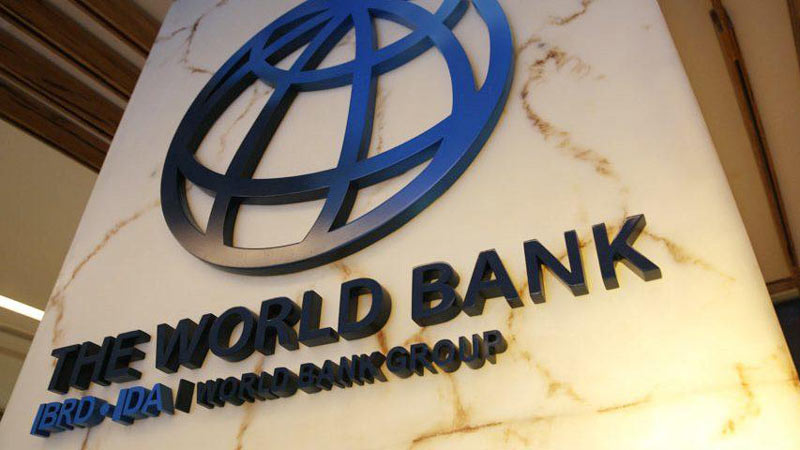×
The Standard e-Paper
Smart Minds Choose Us

The World Bank has faulted Kenya's efforts at combating poverty, noting that they fell short compared to its poorer neighbours Tanzania and Uganda.
In a new report, the bank says Kenya also has a relatively high poverty rate compared to its peers in the lower middle-income group.